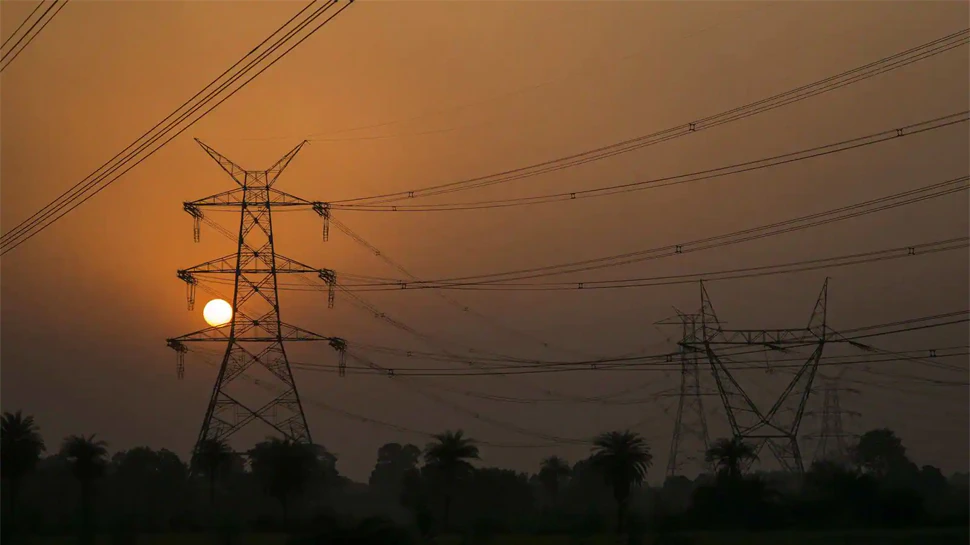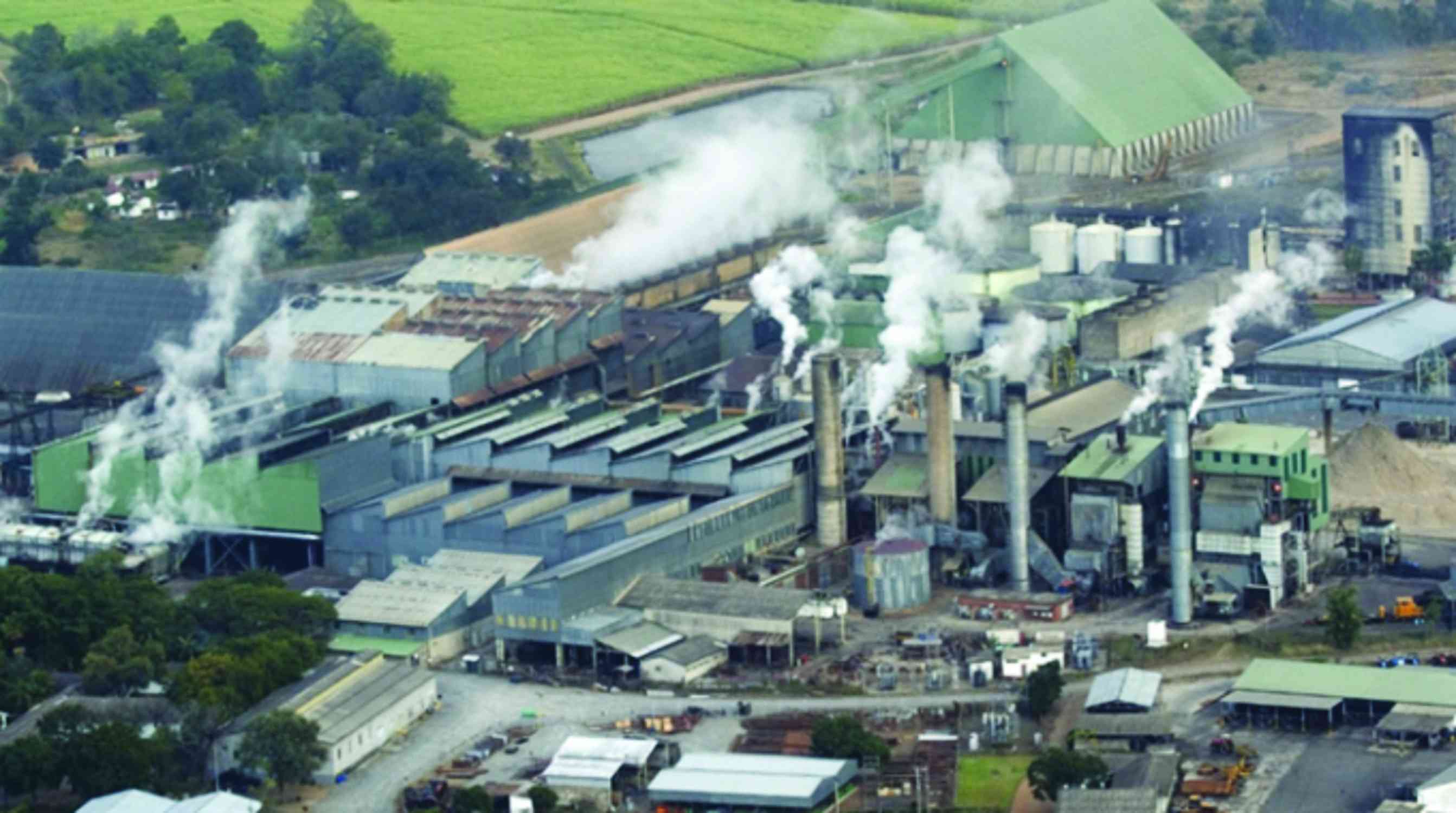
FREEMAN MAKOPA GOVERNMENT says electricity shortages confronting the country present investment opportunities for local and foreign companies.
Ministry of Energy and Power Development permanent secretary Gloria Magombo said Zimbabwean investors should capitalise on the deficit to invest in power projects.
“We have a lot of investors who want to come into the sector as Zimbabwe is open for business,” Magombo told businessdigest this week.
“The fact that we have a supply demand deficit presents a huge opportunity for investments. We are also open to innovative solutions to meet our demand. We believe that over and above external investors, we urge local investors, including pension funds and insurance companies to invest in the energy sector.”
She said the number of energy projects licensed by the Zimbabwe Energy Regulatory Authority (Zera) demonstrated the appetite that investors have for the power sector.
“Locals can invest in their own generation projects and take advantage of net metering regulations to supply the grid and bank their power to use later,” Magombo said.
She said the government was providing various incentives through the energy policy and Finance Act to drive investment into the power sector.
“We have already through the renewable energy policy and Finance Act amendments provided various incentives. Government has also been reviewing and signing various investment protection agreements (IPAs) with various countries and is a signatory to various trade protocols,” Magombo said.
- Chamisa under fire over US$120K donation
- Mavhunga puts DeMbare into Chibuku quarterfinals
- Pension funds bet on Cabora Bassa oilfields
- Councils defy govt fire tender directive
Keep Reading
“With the interconnection to the region, we encourage investors to look at Zimbabwe and the Sadc (Southern African Development Community) region as one market.”
She said the country’s central location within the region, together with its interconnection infrastructure, allowed for investors to also supply other power utilities and foreign markets.
Zimbabwe is positioning itself to be a net exporter of energy by 2030.
The Southern African country is also positioning to transform into a regional hub for fuel distribution.











